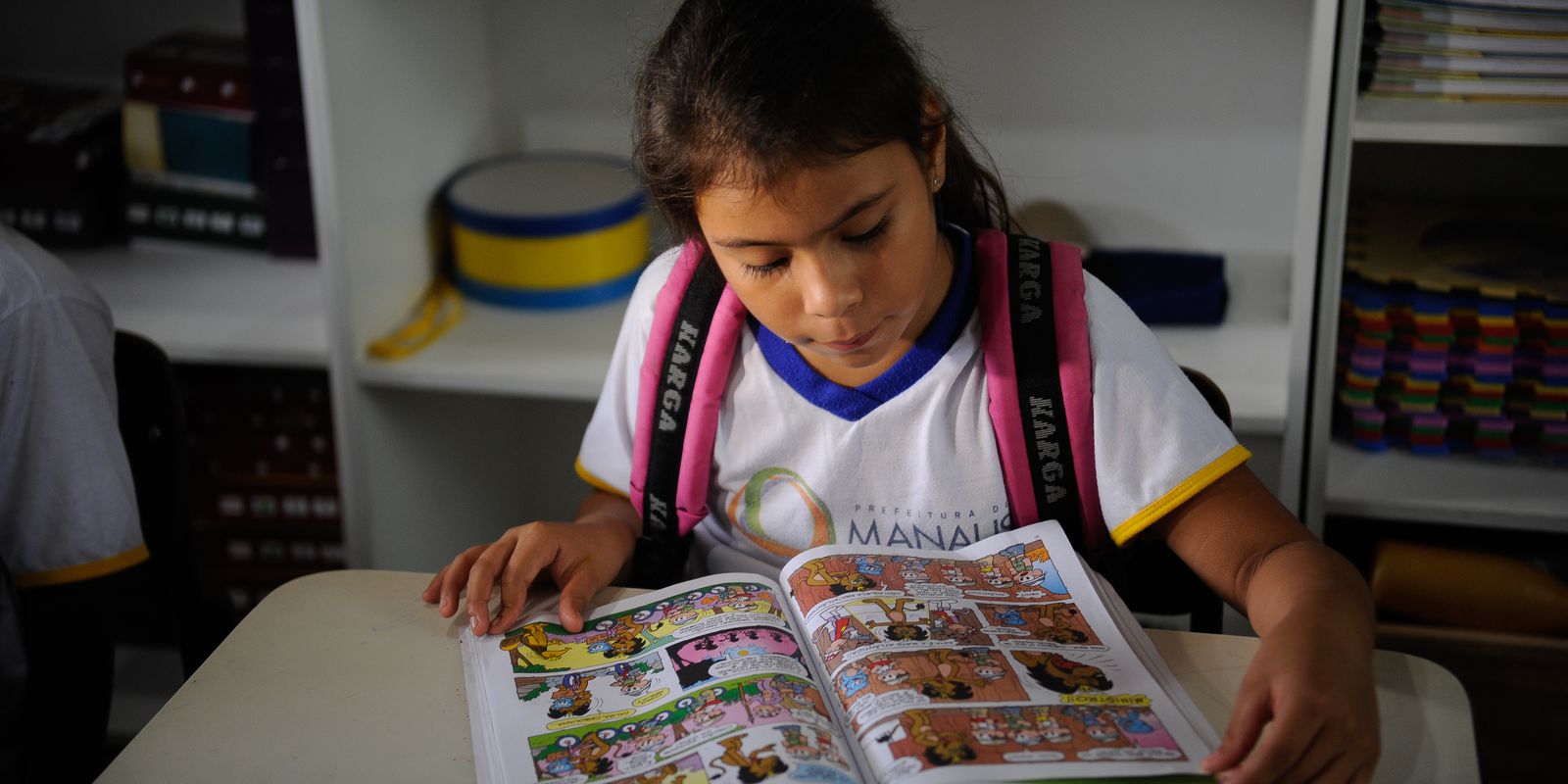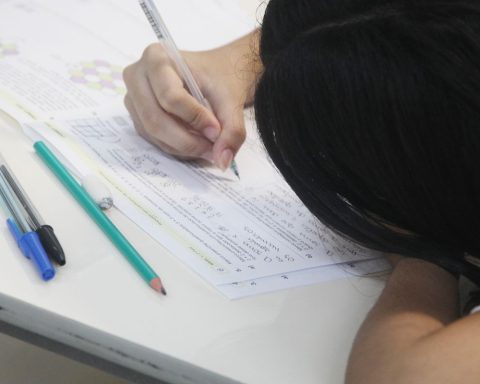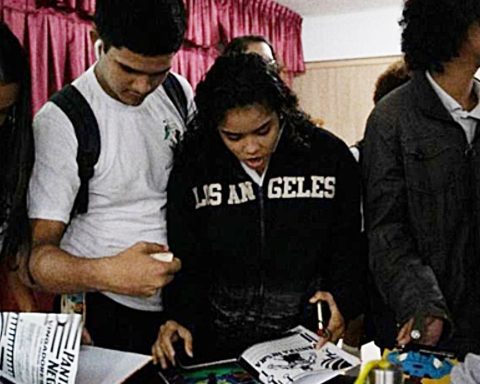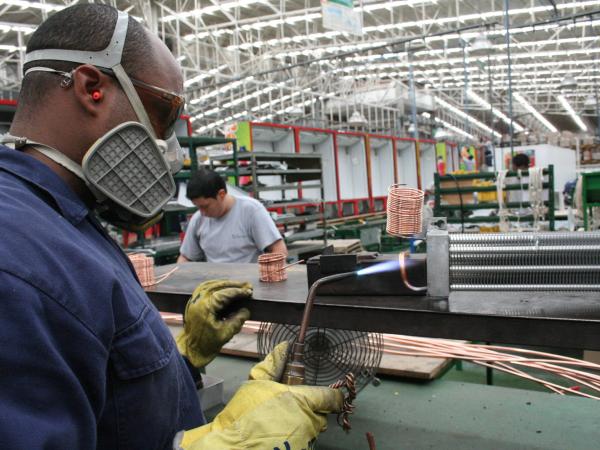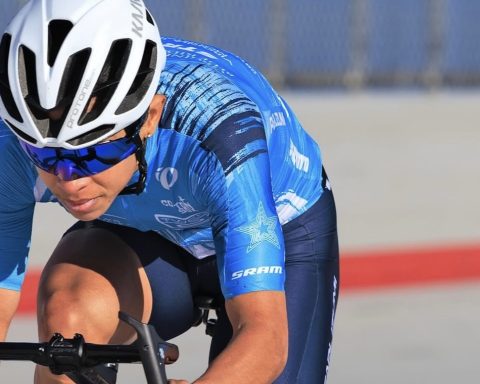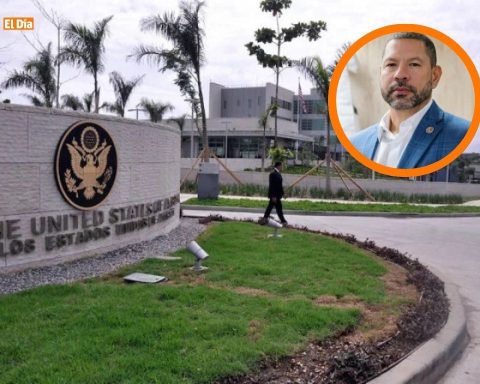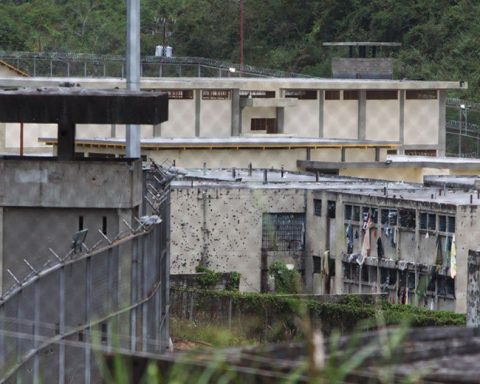The Alfabetiza Brasil survey, carried out with literacy teachers, begins this Saturday (15) and runs until April 23 to understand what knowledge and skills a literate child should have. The results will serve to define a national standard for assessing students’ literacy, in addition to helping formulate a national literacy policy.
The research is carried out by the Anísio Teixeira National Institute of Educational Studies and Research (Inep). The study will be carried out with 341 teachers from all capitals and 291 municipalities, with good results in the Basic Education Development Index (Ideb). Research applications will be concentrated in five host capitals, one per region of the country: Belém, Recife, Brasília, São Paulo and Porto Alegre.
To participate in the study, literacy teachers must meet the following criteria: have a degree in pedagogy, a minimum of five years of teaching experience in literacy classes, work in a 2nd year elementary school class in the 2023 school year, and be recognized by the school community for the quality of the work developed as a literacy teacher.
In order to define what will be evaluated in students’ literacy, the Ministry of Education (MEC) was guided by the National Common Curricular Base (BNCC), which determines the pedagogical norms and curricula for public and private education networks with regard to early childhood education and primary and secondary education in Brazil.
MEC understands that literacy is complete when the student masters the three axes of literacy: writing, reading words and sentences and producing texts. This research will analyze how 10 skills of these three axes are developed autonomously, according to parameters evaluated in the Basic Education Evaluation System (Saeb), in the 2019 and 2021 editions.
To be considered literate, 2nd year students, with an average age of 7 and 8 years old, must, for example:
• Knowing the alphabet and mastering graphic conventions, such as uppercase and lowercase letters and italics (letters in continuous writing);
• Comprehension of writing;
• Knowing how to read, globally recognizing words. Reading sentences and locating explicit information in texts;
• Comprehend larger portions of text;
• Have fluency and reading speed;
• Mastery of graphemes and phonemes, relating sound elements of a word with its written representation;
• Write a text.
Punctuation
Measured skills will have eight scoring levels, with level 1 being the most basic (with performance from 650 to 675 points) and the eighth, the highest on the scale (performance equal to or greater than 825 points). Inep also added the level below 1, when students demonstrate a probability of less than 65% of mastering the literacy skills tested.
The research results will be analyzed together with other questions coming from the Portuguese language tests of the Basic Education Assessment System (Saeb), already applied in the 2nd year of elementary school.
